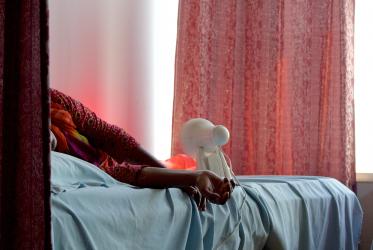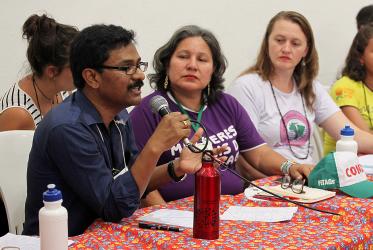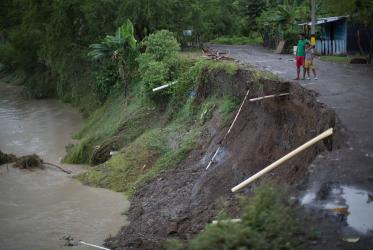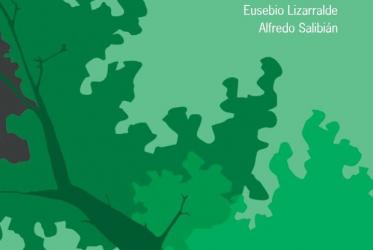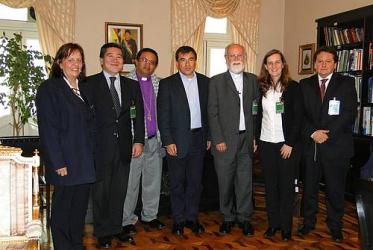Displaying 1 - 20 of 20
17 April 2024
Prayer from Chile for strength during pandemic
02 June 2021
WCC podcast deals with death and dying
15 December 2020
Interfaith Rainforest Initiative expands
12 February 2019
Faith organizations assess COP 20 on the way to Paris
28 January 2015
Indigenous faith leaders reflect on resilience and climate change
23 September 2014
Working for climate justice is an ethical and spiritual imperative
27 February 2013
Statement on global economy delivered to Bolivia
15 January 2013





